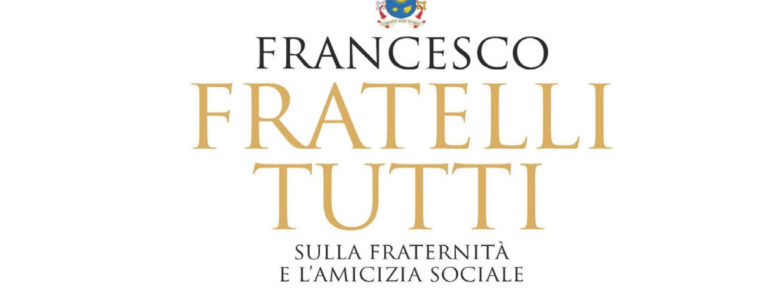There is increasing pressure on Christian organisations to disinvest from fossil fuel industries, but there is surprisingly little discussion about whether this is a good idea.
Read more >>Fossil fuel companies and Christian institutions – withdraw or engage?











